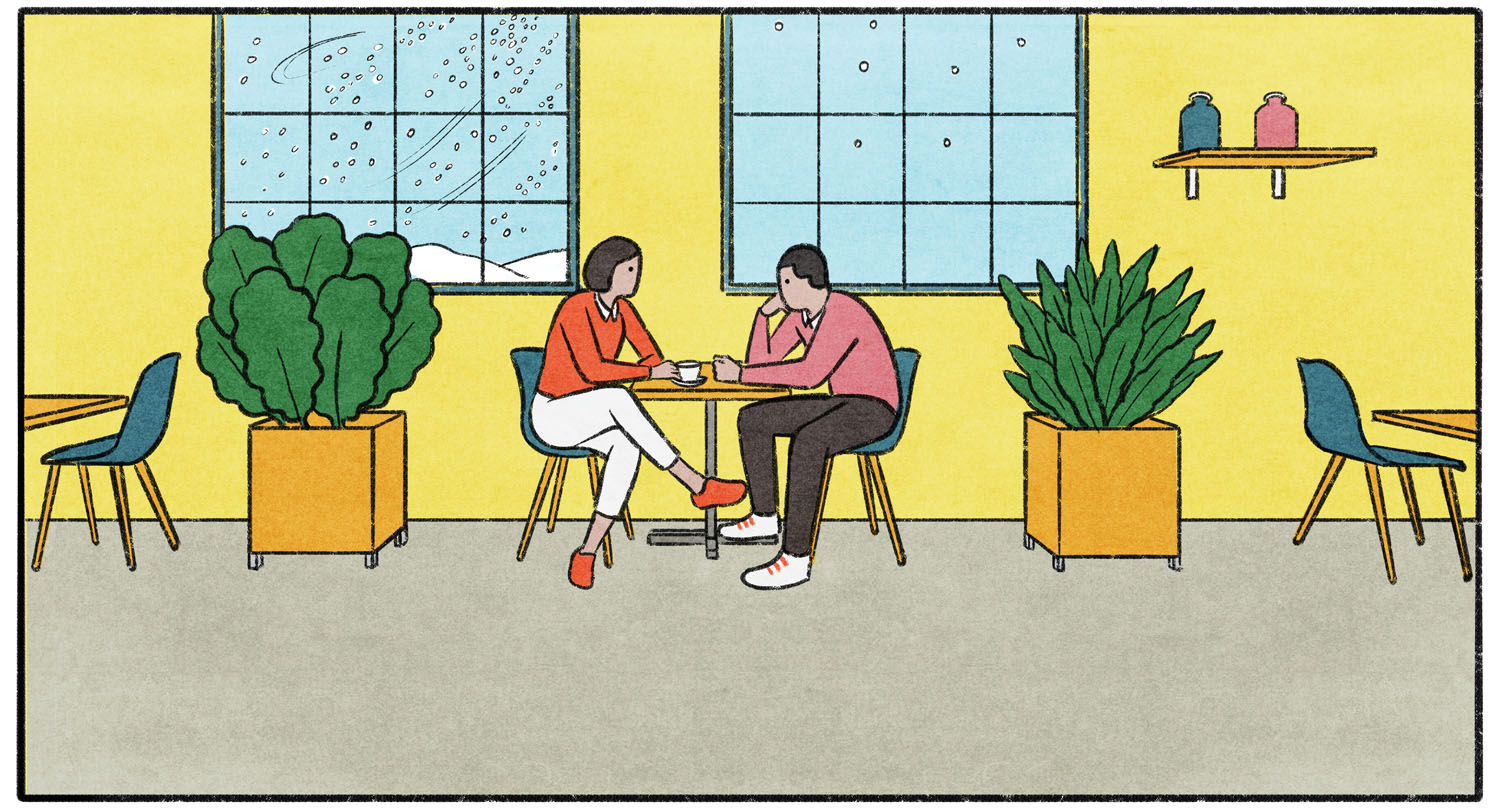Image


You should really subscribe now!
Or login if you already have a subscription.
Klaus Kremmerz is a visual artist whose work has been featured in Communication Arts, WePresent by WeTransfer, Its Nice That, Creative Boom, Ballpitmag, Elephant Magazine, KIBLIND, and MokaMag. His clients include Hermés, Rimowa, Flos, Aman Resorts, Picturehouse Cinemas, TIME Magazine, the New Yorker, the Economist, the...